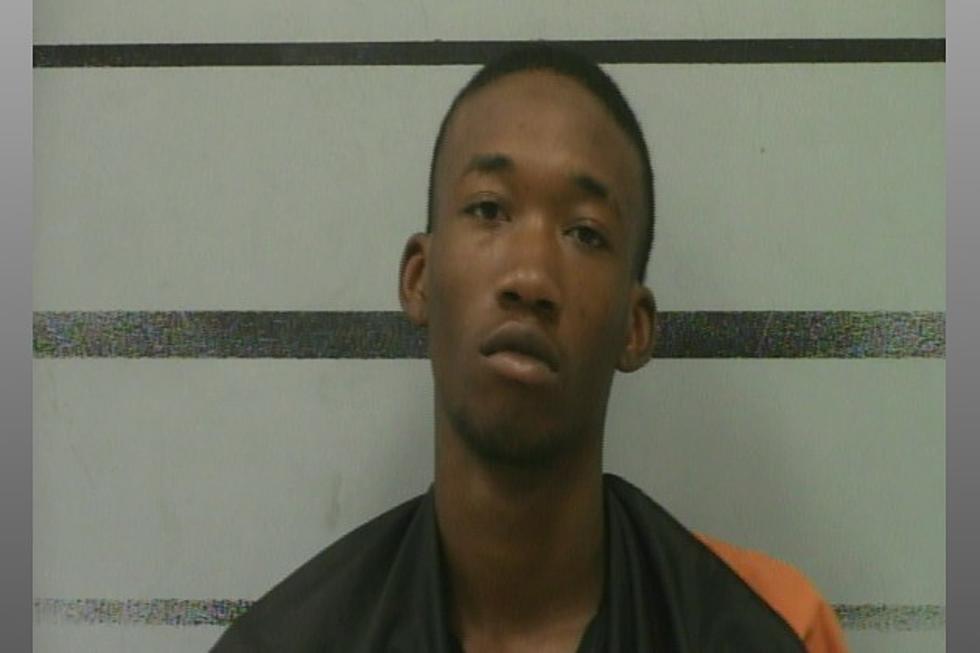
Lubbock Teeters Dangerously Close to The Forever Purge Thanks to ERCOT
Yeah, this was going to end well.
ERCOT's Twitter page is a classic example in "How It Started/Where It's Going."
Two weeks after Lubbock charged down the aisle with ERCOT, we see our first example of what we all feared after joining The Borg.
Admittedly, 2021 has been a year of extremes for the Republic of Texas, with subzero temperatures in February that caused power issues to record heat that, again, is causing power issues.
Shocked -- shocked, I tell you!

We heard the rumblings that once Lubbock joined the ERCOT power grid we would see calls for conservation and threats of rolling outages during times of high energy use. Little did we know that it would be at a time when the wounds of winter would still be as fresh as new fallen snow.
According to a release from DERP-COT, so many generators are down for repairs that those generators could power as many as 2.2 million homes on a hot summer day:
"We will be conducting a thorough analysis with generation owners to determine why so many units are out of service," said ERCOT Vice President of Grid Planning and Operations Woody Rickerson. "This is unusual for this early in the summer season."
Why do I have my doubts that this is "unusual"? I'm feeling like this is going to be par for the course as we ride the roller coaster of ERCOT.
Of course, they have suggestions on how WE can conserve, and none of them line up with my "turn the thermostat down until I can see my breath when it gets hot" mindset.
Set your thermostat to 78 degrees or higher – every degree of cooling increases your energy use by six to eight percent.
Turn off lights and pool pumps and avoid using large appliances like ovens, washing machines and dryers.
If you don’t need something – we are asking you to turn it off and unplug it if possible.
Yeah, no.
So, what happens when progress gets in the way of having reliable power?
Well, this:
Did you ever see the TV show "Revolution"? It was about a world that was plunged into darkness with no electricity. In a nutshell, it was freaking anarchy. From the Wikipedia:
The series is set in a post-apocalyptic near-future, in the year 2027. Fifteen years earlier, in the year 2012, a worldwide event known as "The Blackout" caused all electricity on Earth, ranging from computers and electronics to car and jet engines, to be disabled permanently. As a result, trains and cars stopped where they were, ships went dead in the water, and aircraft plummeted from the sky and crashed. In the years after the Blackout, people adapted to this new world without electricity. Because government and public order collapsed, several areas are ruled by militias and their generals.
So, yeah...it's gonna suck.
LOOK: What are the odds that these 50 totally random events will happen to you?
LOOK: The most expensive weather and climate disasters in recent decades
LOOK: TV Locations in Every State
How Many in America: From Guns to Ghost Towns
More From Talk 103.9 & 1340
![Gross Folks Are Taking ‘Lake Rat’ Too Far at Buffalo Springs Lake [Photos]](http://townsquare.media/site/157/files/2021/06/attachment-Buffalo-Springs-Lake-e1623692777186.jpg?w=980&q=75)








